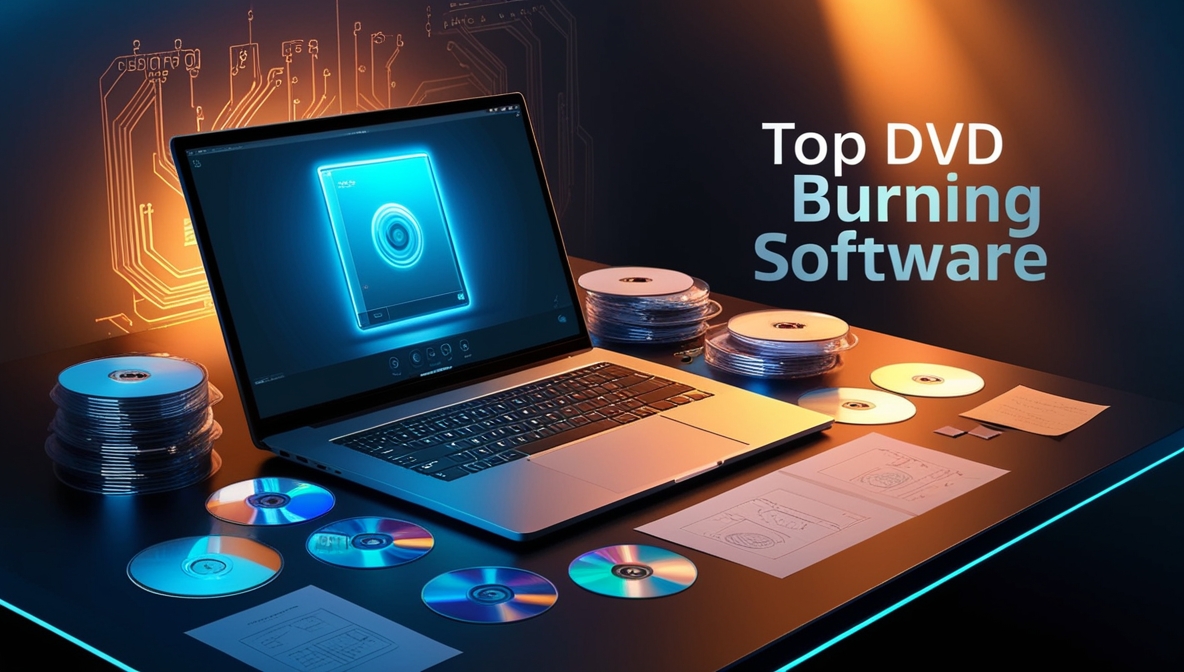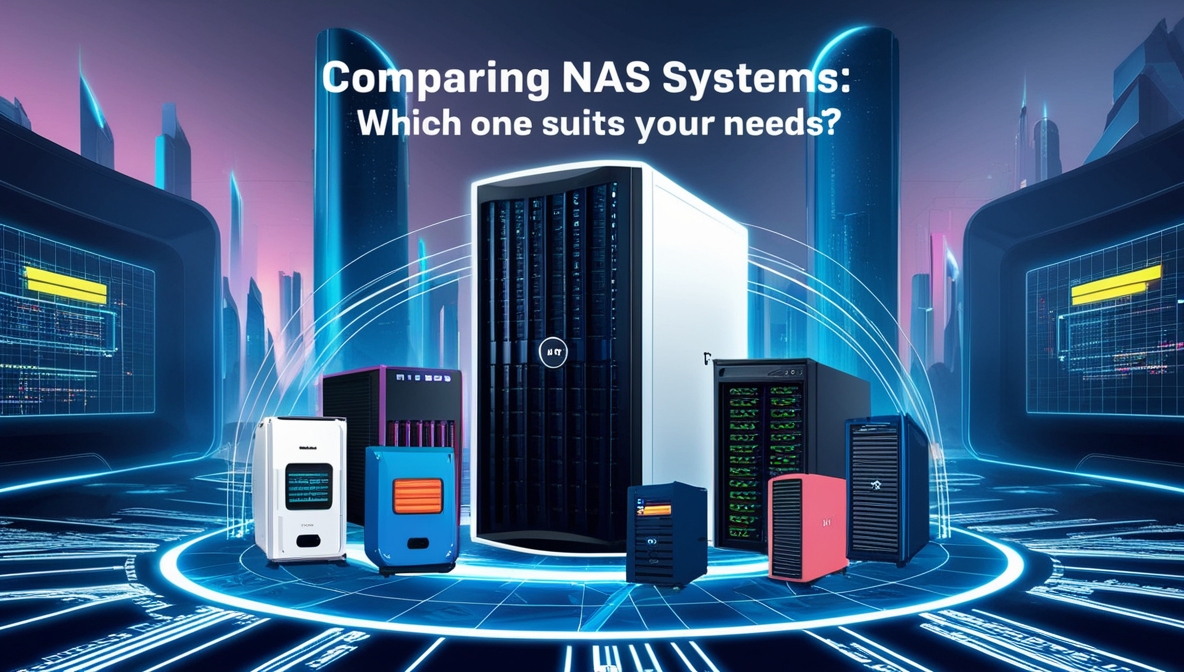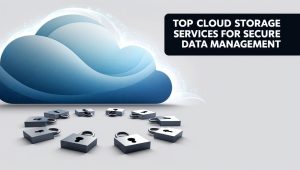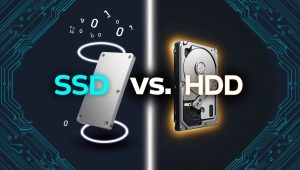Comparing the Top Encryption Software Options for Data Protection
Is your data safe enough? Encryption software is your first and strongest line of defense against breaches, leaks, and unauthorized access. But with dozens of tools claiming to do the same thing, which actually stand out?
Below is a focused breakdown of top encryption tools that balance usability, encryption strength, and integration with storage systems. Whether you’re handling local drives, cloud backups, or entire file systems, the right software can change the security posture of your operation.
1. VeraCrypt
Best for: Power users needing full disk encryption
- Encryption algorithms: AES, Serpent, Twofish (individually or in combination)
- Use cases: System partition encryption, hidden volumes, portable drives
- Pros:
- Open-source and regularly updated
- Supports multi-algorithm cascading
- No backdoors or telemetry
- Cons:
- Complex interface for non-technical users
- Slow volume mounting on large partitions
VeraCrypt is a continuation of the discontinued TrueCrypt project, with patches to known vulnerabilities. It’s ideal for users who want control over every aspect of their encryption strategy.
2. BitLocker (Windows)
Best for: Seamless system-wide encryption on Windows
- Encryption algorithm: AES (128- or 256-bit)
- Use cases: Device encryption, particularly in corporate environments
- Pros:
- Integrated into Windows Pro and Enterprise editions
- Supports TPM for hardware-level security
- Transparent to the end user
- Cons:
- Not available on Windows Home
- Closed source
- Key recovery tied to Microsoft account unless configured otherwise
BitLocker is built for those who need encryption that “just works.” Enterprises favor it for low-maintenance deployment.
3. FileVault 2 (macOS)
Best for: Native encryption for Apple devices
- Encryption algorithm: XTS-AES-128 with a 256-bit key
- Use cases: Full-disk encryption on Macs
- Pros:
- Runs silently in the background
- Tied to Apple ID for recovery
- Optimized for macOS performance
- Cons:
- Limited to macOS systems
- No user control over encryption algorithm or configuration
FileVault 2 offers solid protection for macOS users who want to keep encryption simple and unobtrusive.
4. AxCrypt
Best for: Individual file encryption with sharing capabilities
- Encryption algorithm: AES-256
- Use cases: Encrypting individual files before upload or email
- Pros:
- Easy to use
- Built-in password management
- Collaboration-friendly features
- Cons:
- Requires subscription for advanced features
- Limited automation options
AxCrypt is ideal for freelancers, remote workers, and users managing sensitive documents rather than whole systems.
5. Cryptomator
Best for: Client-side encryption for cloud storage
- Encryption algorithm: AES-256
- Use cases: Securing files stored in Dropbox, Google Drive, etc.
- Pros:
- Open source
- Zero-knowledge architecture
- Cross-platform support
- Cons:
- No full-disk encryption
- Manual syncing configuration required for some services
Cryptomator creates a virtual encrypted drive, encrypting file names and content before syncing. It’s particularly useful for users with privacy concerns about cloud providers.
6. NordLocker
Best for: Encrypted cloud storage and local file protection
- Encryption algorithm: AES-256, ECC
- Use cases: Cloud backups, document encryption
- Pros:
- Simple interface
- Cloud storage included
- Zero-knowledge encryption
- Cons:
- Subscription-based
- Proprietary backend
NordLocker blends usability with solid encryption, ideal for users who want bundled storage without diving into setup menus.
7. GNU Privacy Guard (GPG)
Best for: Advanced users and developers encrypting communications and files
- Encryption algorithm: RSA, DSA, ECC
- Use cases: Email encryption, code signing, secure file transfers
- Pros:
- Flexible and scriptable
- Widely trusted and vetted
- No cost or vendor lock-in
- Cons:
- Steep learning curve
- Interface can be opaque for beginners
GPG stands out for secure communication. For anyone transmitting sensitive data, it remains a core tool in the privacy toolkit.
Choosing Based on Need
For full-disk encryption: VeraCrypt, BitLocker, FileVault 2
For file-specific protection: AxCrypt, Cryptomator
For encrypted collaboration and cloud: NordLocker
For secure communications and advanced control: GPG
Encryption isn’t one-size-fits-all. Matching software features to your data flow, operating system, and sharing model makes all the difference.












Post Comment